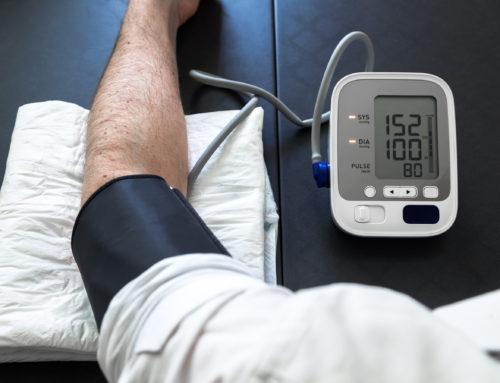Currently, Mayo Clinic estimates that more than 120,000 people within the United States are currently waiting for a life-saving organ transplant. Sadly, many will never get the news that an organ donor has been found, which means they’ll never get that second chance at living a healthy life. Each day, people die because they didn’t receive the donor organ they needed to live.
Of course, it’s not easy to think about what will happen to your body once you pass away. However, choosing to donate your organs is a worthwhile and generous decision that can help save the lives of others. If you’re not convinced that being an organ donor is worth your while, here’s a closer look at the value of organ donation for you, transplant recipients, and even your family.
Value to Donors
What’s the value of organ donation for you? One of the biggest benefits for you is knowing that you’ll be able to make a difference and save the lives of others, even if you pass away. The great thing about donating your organs is that a single organ donor has the potential to save as many as eight lives. If you decide to go beyond organ donation to donate your entire body, even parts that may not be used directly in patients may be used for medical research, allowing you to help humans in other ways as well.
Of course, you don’t have to wait until you pass away to become an organ donor. It’s possible to be a living organ donor as well. It’s most common to donate a kidney while living, although it’s possible to donate part of a lung or your liver to someone who needs a transplant. While you can choose to do a living donation for a stranger, it’s very common for individuals to do a living donation for a friend or family member who has a desperate need. This gives you the chance to see immediately the effects of donating an organ, allowing you to see how your gift changes the life of another human.
Value to Transplant Recipients
Organ donation offers many benefits to the recipients of the organ. Many recipients are being kept alive via artificial means, such as ventricular devices, ventilators, or dialysis as they wait for a new organ. If they don’t have a transplant, they’ll eventually die. Getting an organ transplant increases their lifespan, but it also helps to improve their overall quality of life. Transplant can allow patients to live without the costly, long-term treatments they’ve been going through. They may be able to live with less pain and with less need for medications.
Value to Donor’s Families
Not only will organ donation provide value to the donor and a transplant recipient, it can offer benefits to the donor’s family as well. It’s tough to lose a loved one, and their death can seem to have little meaning. However, many families find it comforting that through their loss, the lives of others are being improved and saved. Donating an organ has a powerful impact and can leave a wonderful legacy behind. Many of the organ donor and transplant recipient stories are extremely moving, and it can be comforting to know that the choice to donate by a loved one who has passed away can change the lives of real people.
The Need for Donors Today
Unfortunately, thousands of people never get the organ transplant that they need to live. Many doctors note that they just don’t have enough organs to deal with the huge problem of end-stage organ failure. People die daily because they are waiting for organs, and not enough people are making the choice to donate their organs. The need for organs is dire, and it’s easy to become an organ donor today. It’s easy to choose to be an organ donor within your state, having that status noted on your driver’s license. Of course, you always need to make sure that you inform friends and family that you want to donate your organs so there’s no confusion if an emergency occurs. Organ donation allows you to prolong, improve, and save the lives of other people, and you, your family, and the recipient will benefit from your selfless choice.




























